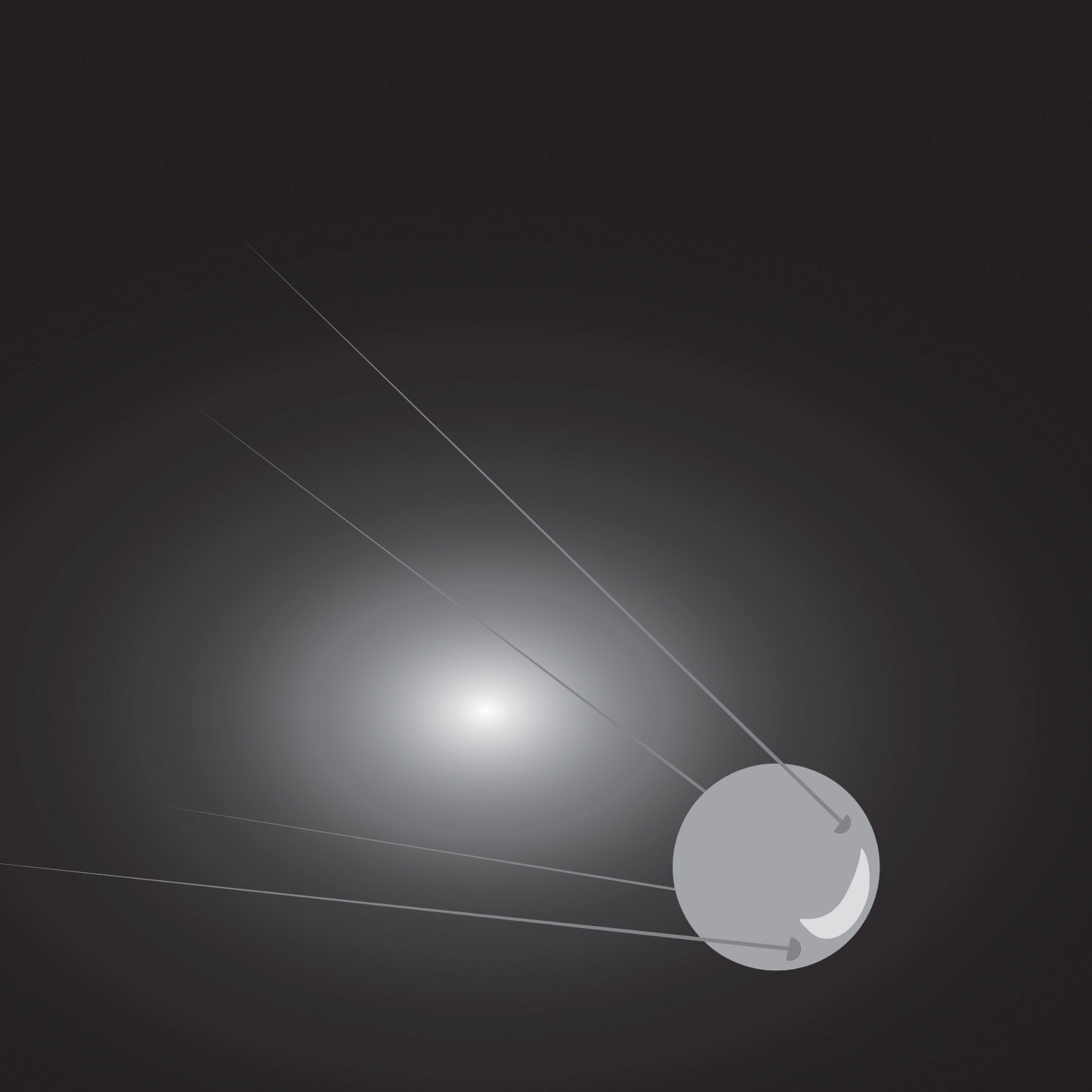On Oct. 4, 2007, the Adler Planetarium, WTTW Channel 11 and C2ST celebrated the 50th anniversary of the launch of Sputnik, the world’s first man-made orbiting satellite, with Sputnik @ 50, a public program and exclusive talk with Dr. Sergei N. Khrushchev, son of former Soviet Premier Nikita Khrushchev.
The Soviet Union launched Sputnik 1 on Oct. 4, 1957. It was an event that attracted international attention and marked the official start of the Soviet-American space race.
Dr. Khrushchev, a Soviet-trained engineer who speaks widely on international relations and the Cold War, discussed the historic space race Sputnik launched with Roger Launius, Ph.D., a member of the Division of Space History at the Smithsonian’s National Air and Space Museum.
Both speakers were available after the program to sign copies of their books.
Sputnik @ 50 was sponsored by The Alan B. Shepard Society of the Adler Planetarium in cooperation with WTTW Channel 11 and the Chicago Council for Science and Technology.
About Sergei Khrushchev
Sergei N. Khrushchev, son of former Soviet Premier Nikita Khrushchev, has been a senior fellow at Brown University’s Watson Institute for International Studies since 1996 and a senior visiting scholar from 1991 to 1996. Before that, he was a fellow at the Institute of Politics at Harvard University’s John F. Kennedy School of Government.
From 1968 to 1991 he served at the Control Computer Institute in Moscow, rising from section head to first deputy director in charge of research; and from 1958-1968, he was an engineer, then deputy section head in charge of guidance systems for missile and space design, including work on cruise missiles for submarines, military and research spacecraft, moon vehicles, and the “Proton,” the world’s largest space booster.
He earned his Soviet doctoral degree from the Ukrainian Academy of Science, a Ph.D. from the Moscow Technical University and an M.A. with distinction from the Moscow Electric Power Institute. In addition to teaching courses at Brown University, he lectures at the Naval War College in Newport, R.I., on such topics as Russian economic and political reforms; U.S.-Soviet relations from 1950-1964; the history of the Soviet space program; and Nikita Khrushchev’s economic, political and security reforms.
He is a regular commentator for the U.S. media and the author of more than 250 books and articles on engineering, computer science, history and economy.
About Roger Launius
Roger D. Launius is a member of the Division of Space History at the Smithsonian Institution’s National Air and Space Museum in Washington, D.C. Between 1990 and 2002 he served as chief historian of the National Aeronautics and Space Administration.
Launius served as a consultant to the space shuttle Columbia Accident Investigation Board in 2003 and presented the Harmon Memorial Lecture in Military History at the United States Air Force Academy in 2006. He is frequently consulted by the electronic and print media for his views on space issues, and has been a guest commentator on National Public Radio and all the major television networks.
He has written or edited more than 20 books on aerospace history, including Critical Issues in the History of Spaceflight (Washington, DC: NASA SP-2006-4702, 2006); Space Stations: Base Camps to the Stars (Smithsonian Books, 2003), which received the AIAA’s history manuscript prize; and Reconsidering Sputnik: Forty Years Since the Soviet Satellite (Harwood Academic, 2000).
A graduate of Graceland College in Lamoni, Iowa, Launius received his Ph.D. from Louisiana State University, Baton Rouge, in 1982.
Event Details
Thursday, Oct. 4, 2007, 7 p.m., Thorne Auditorium
Northwestern University, Chicago Campus
